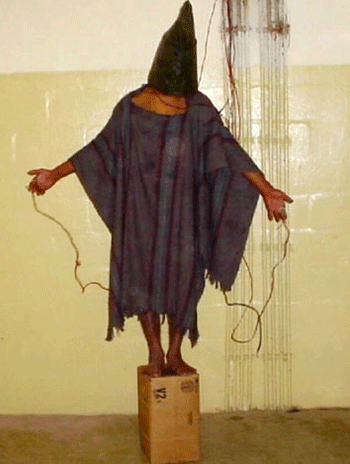(Published in Opinio Juris, Apr. 21, 2016; re-published in The Asia-Pacific Journal: Japan Focus, Vol. 14, May 15, 2016)
Far-reaching revisions to Japan’s national security laws became effective at the end of March. Part of the government’s efforts to “reinterpret” Japan’s war-renouncing Constitution, the revised laws authorize military action that would previously have been unconstitutional. The move has been severely criticized within Japan as being a circumvention and violation of the Constitution, but there has been far less scrutiny of the international law implications of the changes.
The war-renouncing provision of the Constitution ensured compliance with the jus ad bellum regime, and indeed Japan has not engaged in a use of force since World War II. But with the purported “reinterpretation” and revised laws – which the Prime Minister has said would permit Japan to engage in minesweeping in the Straits of Hormuz or use force to defend disputed islands from foreign “infringements” – Japan has an unstable and ambiguous new domestic law regime that could potentially authorize action that would violate international law.


